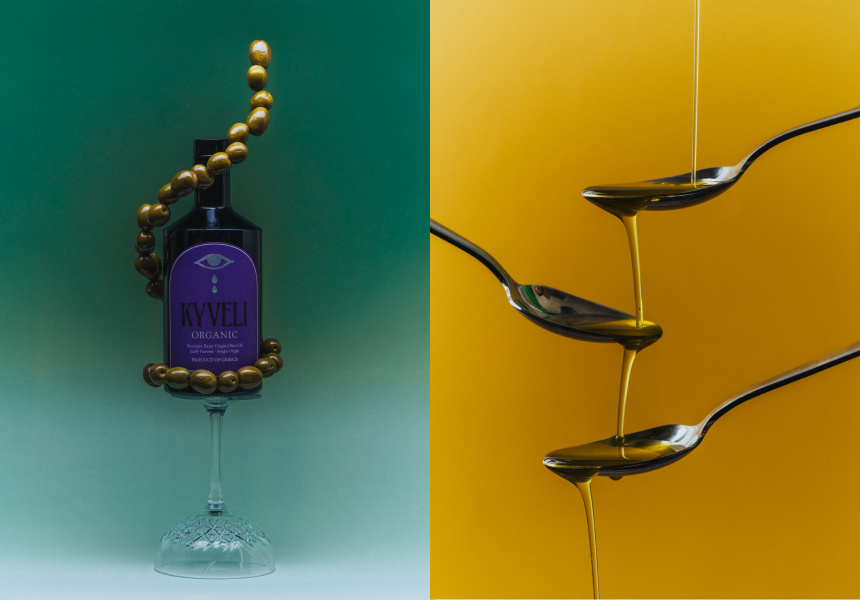The pace is slow in Laconia, a mountainous region in Greece’s Southern Peloponnese where tumbleweeds roll down streets with no traffic lights, and restaurants only open if fishermen pull anything from the sparkling Mediterranean that day. The word laconic (concise “to the point of seeming rude”) is said to be derived from the area’s name.
“It’s like a movie scene,” says Morgan Labrakis of her home away from home. “There are so many unique characters. Everyone has a story.”
The Sydneysider has been visiting every European summer for the last five years, but her partner Harry has been going since childhood. His family has been farming olives from the same grove planted by his sixth-great grandfather about 200 years ago; the organic practices used locally have barely changed since.
Never miss a moment. Make sure you’re signed up to our free newsletter.
SIGN UP NOW
“It’s just part of the way of the area,” Harry tells Broadsheet. “They decided not to catch up to modern times; they don’t care about high yields. They just want to serve the land.”
Until a few decades ago, the farm was purely “a means of survival” for the Labrakis family. Olive oil was traded for flour and sugar before the family began exporting to Italy, where it was blended with others and sold commercially.
“Harry’s dad has always said ‘You gotta do something with the oil’,” says Morgan, who was experiencing professional burnout working as a fashion stylist and needed a change. “It felt like the step forward for us as a couple and a family to really integrate this farm into our lives.”
Their new olive oil brand, Kyveli, is the fruit of a proper tree change. Named after their goddaughter, and the Phrygian goddess of nature and fertility, Kyveli turns green athinoelia olives from the Labrakis farm into “tears of the gods” through minimal-intervention farming.
Olives are handpicked rather than shaken from trees, which the couple says traumatises the plant and damages fruit. (“You can’t go around shaking things to get what you want,” says Harry.) The oil is then cold-extracted within hours and bottled in dark glass to minimise light contamination.
“Not many people know olives are harvested only once per year,” Morgan adds. “The oil is the juice of a fruit – it’s alive from the minute you press it. The longer you leave it, the more it lessens in quality.”
If this sounds like natural wine or specialty coffee, the couple don’t disagree. They farm slowly because extra-virgin olive oil is rich in polyphenols – plant-based antioxidants linked to reduced inflammation and improved heart and gut health. Minimal processing retains not just flavour but also medicinal properties.
Kyveli has the receipts – third-party accreditation for high polyphenol content, 100 per cent organic status, and no additives. And, unlike the rusty hue of some blends, Kyveli glows green when poured. You can drink it, drizzle it, fry with it – the couple even make a case for bathing in it.
“We put some in our bathtub the other night,” says Harry. “On the first day of harvest, we were so raw red from the sun. We looked like lobsters.”
kyveli.com.au


Dining and Cooking